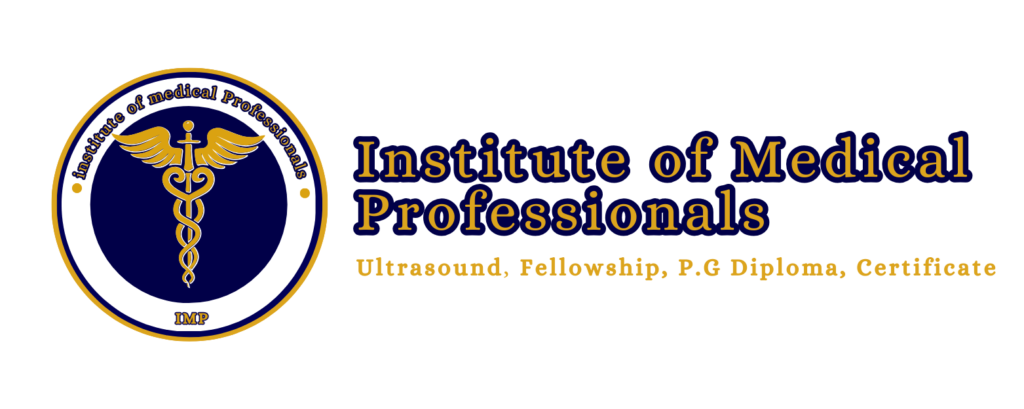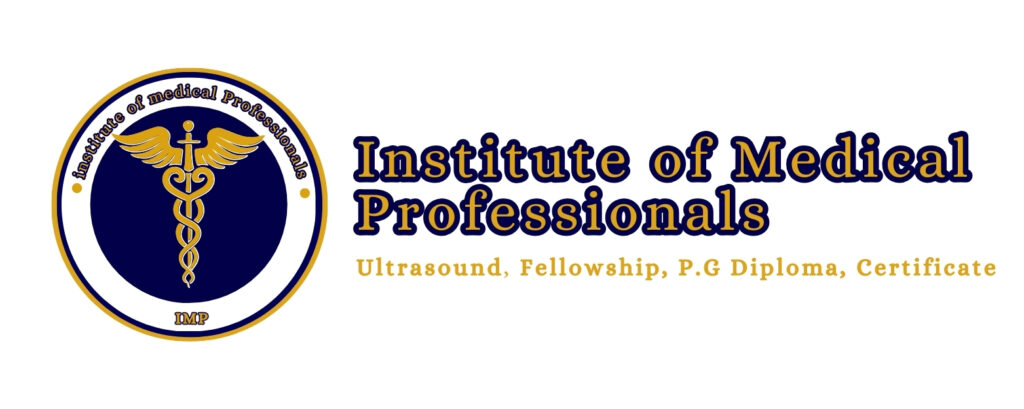Advance Diploma in Medical Sonography (ADMS)
About Course
The Advanced Diploma in Medical Sonography (ADMS) is a comprehensive and intensive program designed to equip students with the advanced knowledge and practical skills required for a successful career in medical sonography. This program focuses on both the theoretical and clinical aspects of sonography, ensuring that graduates are well-prepared to perform diagnostic ultrasound procedures in a variety of medical settings. Throughout the course, students will gain an in-depth understanding of human anatomy, physiology, and pathology, as well as the principles of ultrasound physics and instrumentation. The curriculum emphasizes the use of advanced imaging techniques for assessing and diagnosing a wide range of medical conditions.
Students will learn to operate ultrasound equipment, interpret images, and understand the anatomy relevant to ultrasound imaging. The course is ideal for healthcare professionals aiming to enhance their skills in medical imaging.
Course Duration
One Year
Course Modules
- Module 1: Advanced Ultrasound Physics and Instrumentation
- In-depth study of ultrasound physics, including wave propagation and interaction with tissues.
- Advanced transducer technology and its applications in sonography.
- Optimization of ultrasound images: techniques and parameters.
- Quality assurance and equipment maintenance in ultrasound practice.
- Module 2: Advanced Obstetric Sonography
- Detailed assessment of fetal development and anomalies.
- Advanced techniques for fetal biometry and Doppler studies.
- Ultrasound evaluation of high-risk pregnancies.
- 3D/4D ultrasound in obstetrics: applications and interpretation.
- Module 3: Advanced Gynecological Sonography
- Comprehensive study of gynecological pathologies and their ultrasound appearances.
- Endometriosis, fibroids, and ovarian pathology: diagnosis with ultrasound.
- Ultrasound in reproductive medicine and fertility treatments.
- Advanced Doppler techniques in gynecology.
- Module 4: Advanced Abdominal Sonography
- Detailed evaluation of liver, biliary system, and pancreatic pathology.
- Advanced ultrasound techniques for renal and adrenal imaging.
- Doppler assessment of abdominal vessels and organ perfusion.
- Case studies and differential diagnosis in abdominal ultrasound.
- Module 5: Musculoskeletal Ultrasound
- Techniques for imaging joints, tendons, and ligaments.
- Ultrasound evaluation of sports injuries and soft tissue masses.
- Advanced musculoskeletal ultrasound protocols and case studies.
- Interventional musculoskeletal ultrasound: guidance for procedures.
- Module 6: Vascular Sonography
- Advanced techniques for carotid and peripheral vascular ultrasound.
- Doppler imaging in vascular disease: interpretation and analysis.
- Ultrasound evaluation of aneurysms and vascular malformations.
- Case studies in vascular sonography, including complex scenarios.
- Module 7: Pediatric and Neonatal Sonography
- Specialized techniques for pediatric abdominal, pelvic, and cranial ultrasound.
- Ultrasound imaging of congenital anomalies and developmental disorders.
- Pediatric echocardiography: principles and applications.
- Ethical considerations and patient care in pediatric sonography.
- Module 8: Breast and Superficial Structures Sonography
- Advanced breast ultrasound techniques for detecting lesions and guiding biopsies.
- Ultrasound evaluation of thyroid, salivary glands, and superficial lymph nodes.
- High-resolution imaging of superficial soft tissues and small parts.
- Integration of ultrasound with other imaging modalities (e.g., mammography, MRI).
- Module 9: Ultrasound-Guided Interventional Procedures
- Advanced techniques for ultrasound-guided biopsies, aspirations, and injections.
- Safety protocols and aseptic techniques in interventional sonography.
- Real-time ultrasound guidance for vascular access and catheter placements.
- Case studies and practical sessions on interventional procedures.
- Module 10: Professional Development
- Research methodologies and evidence-based practice in medical sonography.
- Advanced clinical decision-making and case management in sonography.
- Ethical and legal aspects of advanced sonographic practice.
- Continuing professional development (CPD) and reflective practice in sonography.
The program consists of three semesters (12 months) of full-time classroom instruction, accompanied by 12 months of intensive hands-on training and review. This is followed by the completion of dissertations, final examinations for each of the three semesters, and unlimited practical sessions (hands-on training) with real patients.

